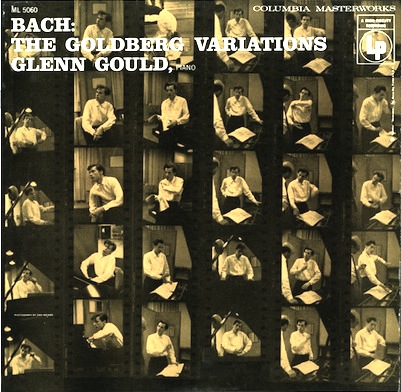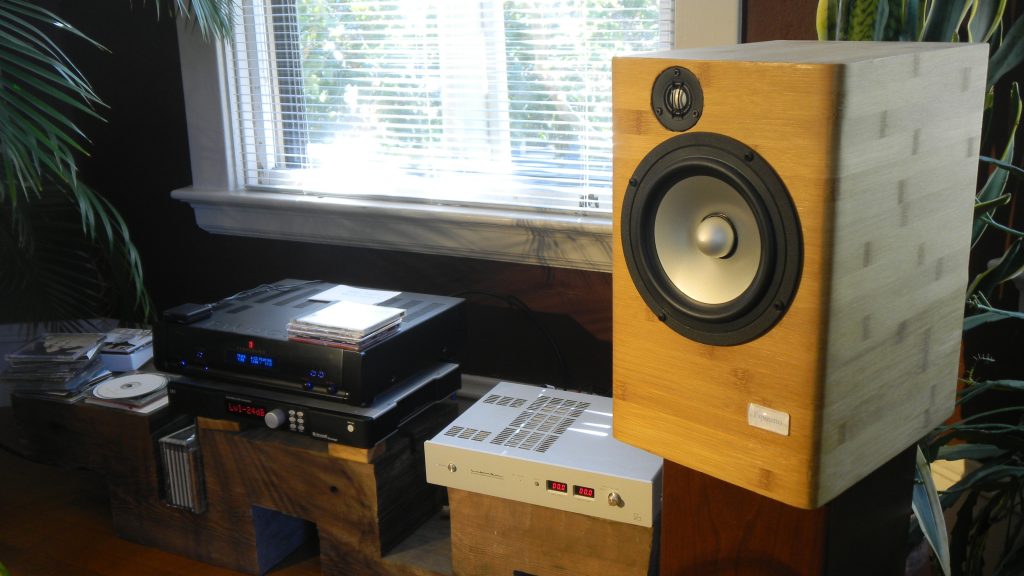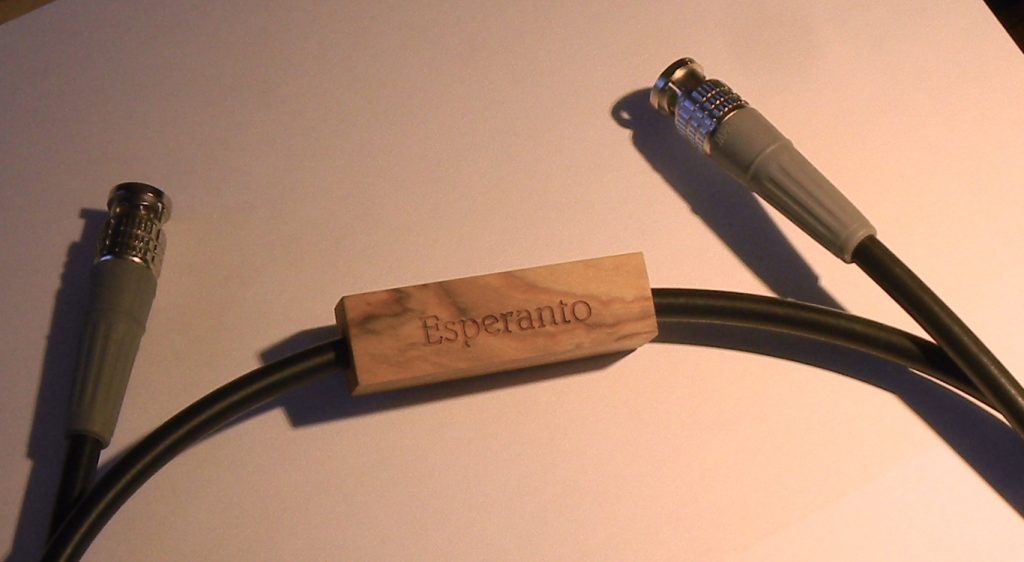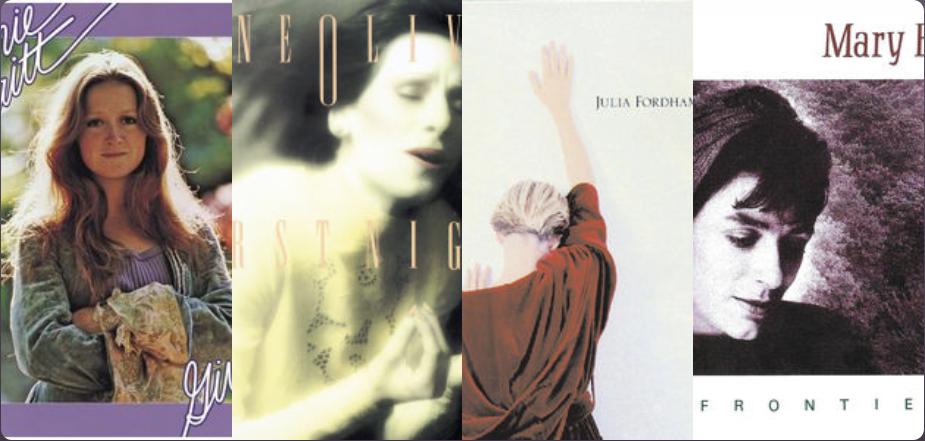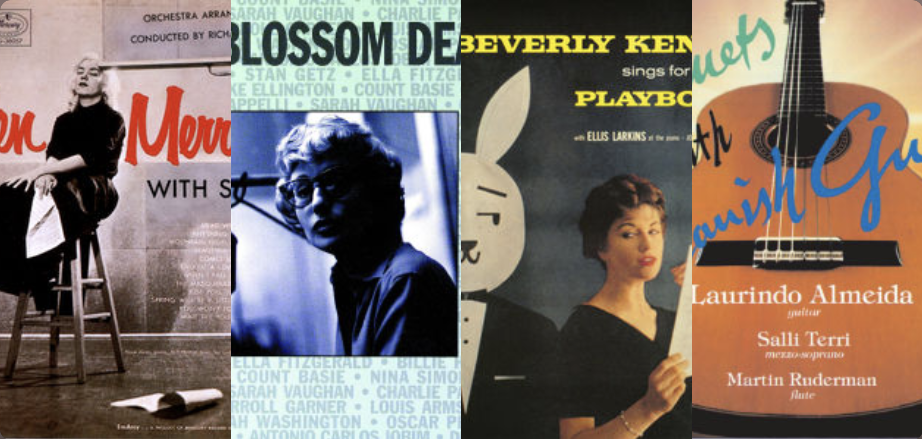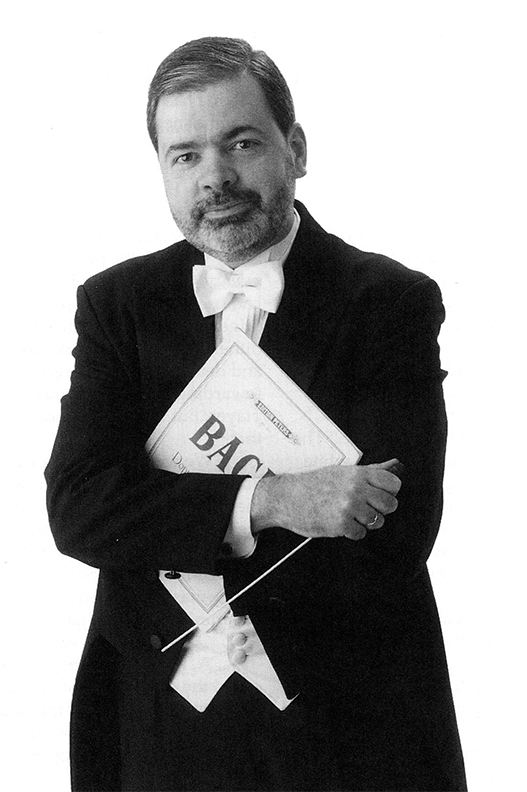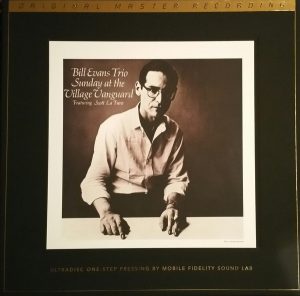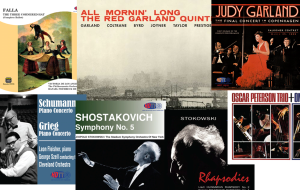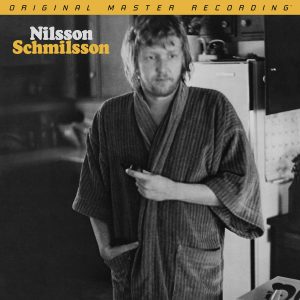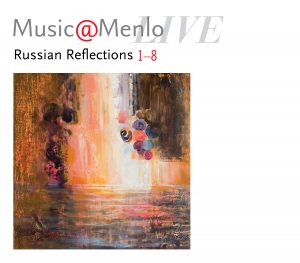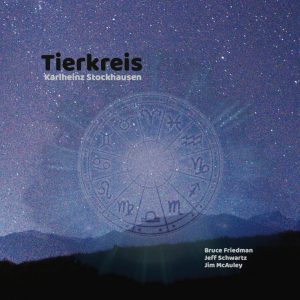Once again our friend and guide John Marks leads us into interesting and educational musical terrain. This time, the great master Glenn Gould is featured, with meditations upon his creative performing focus. I always learn from John's commentary; I am sure that you will, as well. (Although I must calmly disagree with Gould's eschewal of Beethoven, Chopin, Debussy, Satie, and Rachmaninoff.)
You may decide for yourself.
Dr. David W. Robinson, Ye Olde Editor
In terms of cultural impact in the broadest sense, Glenn Gould (1932-1982) was one of the most important musicians of the 20th century.
Susan Sontag once quipped that every analogy is a lie, so: you have been warned. I think that Glenn Gould's place in classical music in the mid-twentieth century is analogous to Miles Davis' place in jazz during that same era. If people owned only one real jazz LP, it likely was Kind of Blue; and if people owned only one real classical LP, it likely was Gould's J.S. Bach Goldberg Variations. Gould, more than any other pianist, is associated with the Goldberg Variations, to the extent that the opening measures of the "Aria" are carved on his gravestone.
Unlike most classical pianists of the time, Gould largely ignored the 19th-c. Romantic piano repertory exemplified by Chopin and Liszt, concentrating instead on Renaissance and Baroque music. Gould brought early music before the general public at a time when it was almost exclusively the province of academic specialists, or performers on period-correct instruments. In 1956, Gould's intuitive understanding of Bach's style of counterpoint, and his unprecedented clarity of articulation on the grand piano fell like a thunderclap, upon critics and the listening public alike. (Gould's first Goldbergs album was recorded in 1955, but released in 1956.) Gould's 1955 Goldbergs remain one of the best-selling non-crossover classical recordings of all time.
What Gould revered in Bach was his sense of sonic architecture. I think that the heart of Bach's art was that Bach created ordered musical structures to reflect the nature of a God who had created an ordered cosmos that was (largely) comprehensible by the use of reason. (Yes; I know. I am painting with a brush so broad that it can't fit into a one-gallon paint can.) Therefore, it might not come as a total surprise that in this video clip from a television interview, Gould takes Richard Strauss to task for his Romantic self-indulgence. Or, does he really?
More wild guessing from John, and sound bytes from different performances of Richard Strauss' early song "Morgen," just below.
In this video clip, Gould calls "Morgen" "a rather terrible piece," and faults it for a self-indulgent musical structure with no "organic purpose." (He then agrees to play it, but only as much as he "can stand.") Gould goes on to compare Strauss' composing of "Morgen" to a "Beatnik simply sitting in his pad," strumming chords on his guitar.
OK. But sometimes, random guitar strummings add up to music on the level of Paul McCartney's "Yesterday." I think it is important that when Gould plays, he is not only humming (and later singing) Strauss' melody; he is beautifully improvising a blend of the piano accompaniment and the vocal part. This is without doubt one of the most emotionally-engaging Gould performances I have ever heard.
I really have to wonder whether Gould is pulling our leg, in that he did record "Morgen" commercially with canonical Strauss interpreter Elisabeth Schwarzkopf. It's not as though Gould, who abandoned a profitable concert career out of artistic conviction (or at least that's what he said), would have taken on that accompanist job just for the money. Gould himself tells his television interviewer, "I hope you realize something… I delivered that with utmost conviction, even though I mean not an ounce of it." Really? Perhaps Gould was merely indulging his idiosyncratic sense of humor, or being provocative, to goad us into defending Strauss. Be that as it may.
Some of Richard Strauss' later works (I am thinking of Die Frau ohne Schatten) might make you think that he had put Wagner's Tristan und Isolde into a microwave oven, and then kept pressing the "Reheat Leftovers" button. But not his 1894 song "Morgen," I think. I find the song to be restrained, even understated. I also think that there's a lot going on beneath the surface.
The text of the song has a lover addressing his or her beloved:
Tomorrow, we will walk to the beach; the sun will shine upon us and warm us;
we will look into each others' eyes; and the silent stillness of happiness will envelop us.
All of which makes me think that the lover is talking to an empty room. And the exact "why" of the room's emptiness really does not matter.
"Morgen" has long been a favorite of mine. Back when my boutique classical record label was up and running, a generous benefactor made it possible for me to hire Metropolitan Opera soprano Kaaren Erickson to add something very special to Nathaniel Rosen's second short-piece-and-encores album Reverie. The last three tracks of Reverie constitute a musical triptych; a meditation on death, forgiveness, and redemption, consisting of Brahms' "O Death, How Bitter Thou Art;" Bach's "Jesus Christ, I Implore Thee;" and Strauss' "Morgen."
So here we have the first minute or so of several historical recordings of "Morgen," and then the Erickson/Stevenson/Rosen JMR version, in full.
First up, the earliest recording I am aware of: Lotte Schloss, circa 1904. Lo-fi, to say the least; and in a dated style, both for piano and voice:
1. Lotte Schloss (c. 1904):
Next, a noticeably more languid tempo; but seeing as it was the pianist who wrote the piece…
2. Robert Hutt, accompanied by Richard Strauss (1920):
My favorite historical performance features John McCormack joined by Fritz Kreisler, who plays a violin part based on Strauss' orchestration of 1897. This is the recording that inspired my urging cellist Nathaniel Rosen to add "Morgen" to his JMR recital disc.
3. John McCormack (tenor), Edwin Schneider (piano), Fritz Kreisler (violin) (1924):
Next up, a recording from 1939 that demonstrates first of all the startling advances made in recording quality with the transition from acoustical to electrical recording—although I recognize that some might debate that point. Fritz Kreisler himself reportedly said that his acoustical recordings captured the sound of his violin better than the later electrical ones. Regardless, this 1939 recording to my ears sounds "modern," while the earlier ones do not. Lovely piano playing from Harry Ebert. Swedish tenor Jussi Björling was 28 years old in 1939, and at the beginning of a legendary career at the Metropolitan Opera. The tempo is slightly slower than Strauss' own recording, and Björling certainly caresses the word "wogenblauen."
4. Jussi Björling (tenor), Harry Ebert (piano) (1939):
Kaaren Erickson (1953-1997) had a repertory that ranged from Handel to Philip Glass. Her recording of Handel's Messiah with Robert Shaw and the Atlanta Symphony (on Telarc) remains a very valid choice among modern-instrument versions. She also excelled in Mozart, Mahler, and Wagner. Jerry Bruck recorded Kaaren, Doris Stevenson, and Nathaniel Rosen for JMR at SUNY Purchase College Conservatory, using the Schoeps KFM-6 "Sphere" microphone. This was her last recording… .
5. Kaaren Erickson (soprano), Doris Stevenson (piano), and Nathaniel Rosen (cello) (1996):




